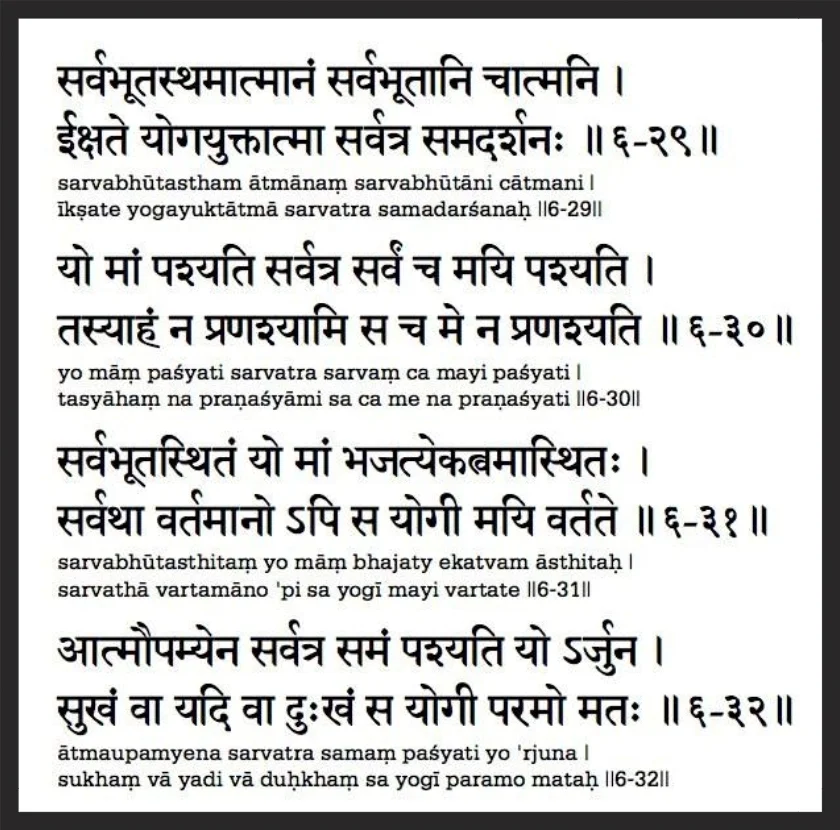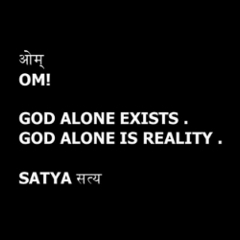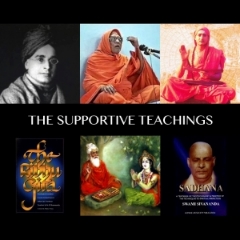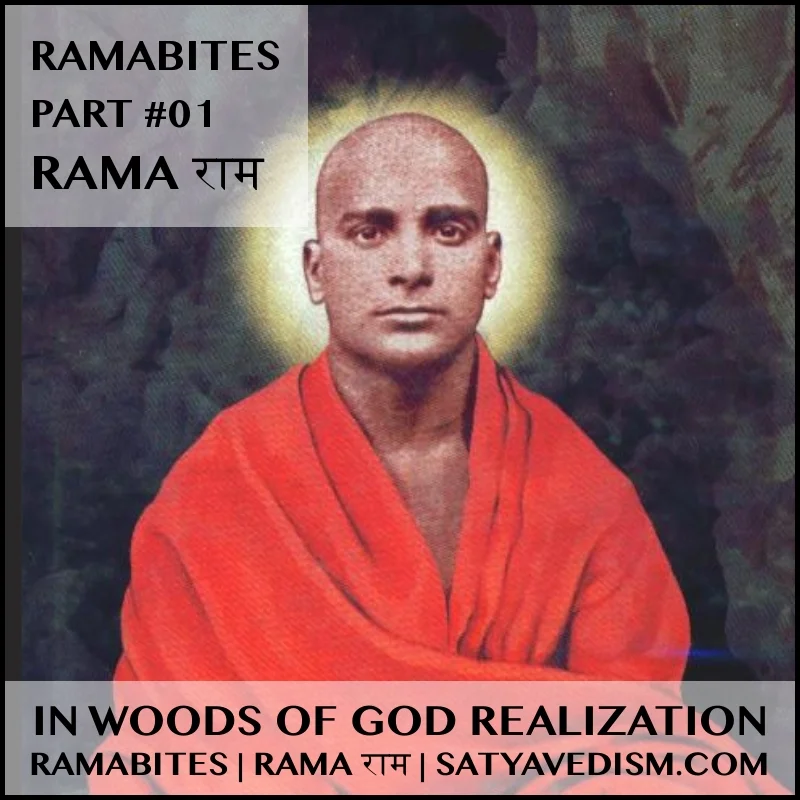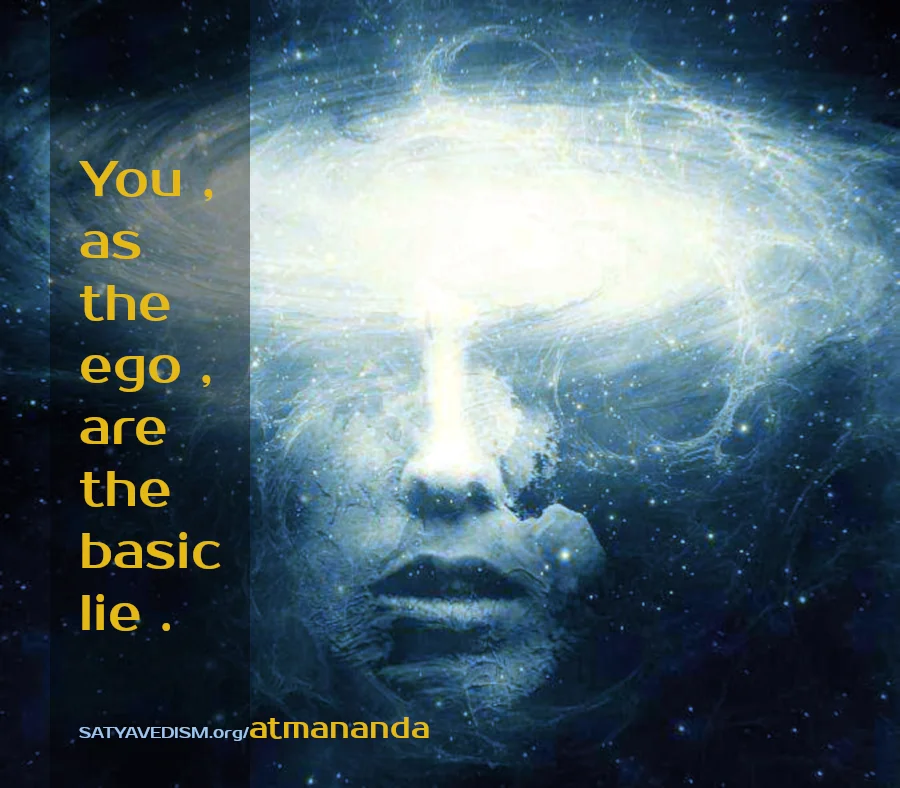BHAGAVADGITA | 6.29-32 | +RAMANUJA
| | homeBHAGAVAD GITA | 6.29-32 | SRI ADI SANKARACHARYA
|| THE YOGA OF MEDITATION ( DHYANA YOGA ) ||
|| VERSE 6.29 ||
sarva-bhuta-stham atmanam sarva-bhutani catmani |
iksate yoga-yukta-atma sarvatra sama-darsanah || 6.29 ||
6.29 One who has one's mind Self-absorbed through Yoga , and who has the vision of sameness everywhere , see this Self existing in everything , and everything in one's Self .
|| BHASYA || Yoga-yukta-atma , one who has one's mind Self-absorbed through Yoga , whose mind is merged in samadhi ; and sarvatra-sama-darsanah , who has the vision of sameness everywhere — who has the vision ( darsana ) of sameness ( sama-tva ) , the knowledge of identity of the Self and Brahman everywhere ( sarvatra ) without exception , in all divergent objects beginning from Brahma to immovable things ; iksate , sees ; atmanam , the Self , one's own Self ; sarva-bhuta-stham , existing in everything ; and sarva-bhutani , everything from Brahma to a clump of grass ; unified atmani , in one's Self .
|| VERSE 6.30 ||
The fruit of this realization of the unity of the Self is being stated :
yah mam pasyati sarvatra sarvam ca mayi pasyati |
tasyaham na pranasyami sa ca me na pranasyati || 6.30 ||
6.30 One who sees Me in everything , and sees all things in Me — I do not out of one's vision , and one also is not lost to My vision .
|| BHASYA || Yah , one who ; pasyati , sees ; mam , Me , Vasudeva, who am the Self of all ; sarvatra , in all things ; ca , and ; sees sarvam , all things , all created things , beginning from Brahma ; mayi , in Me who am the Self of all ; — aham , I who am GOD ; na pranasyami , do not go out ; tasya , of one's vision — of one who has thus realized the unity of the Self ; ca sah , and one also ; na pranasyati , is not lost ; me , to My vision .
One of realization does not get lost to Me , to Vasudeva , because of the identity between one and Me , for that which is called one's own Self is surely dear to one , and since it is I alone who am the seer of the unity of the Self in all .
|| VERSE 6.31 ||
sarva-bhuta-sthitam yo mam bhajaty ekatvam asthitaḥ |
sarvatha vartamano pi sa yogi mayi vartate || 6.31 ||
6.31 That yogi who , being established in unity , adores Me as existing in all things , one exists in Me — in whatever condition one may be .
|| BHASYA || This being so , ie after reiterating ( in the first line of the present verse ) the idea of full realization contained in the previous verse , the result of that ( realization ) , viz Liberation , is being spoken of ( in the second line ) :
The yogi , one of full realization ; vartate , exists ; mayi , in Me , in the supreme state of Visnu ; sarvatha api , in whatever condition ; vartamanah , one may be . One is verily ever-free . The idea is that one is not obstructed from Liberation by anything .
|| VERSE 6.32 ||
Furthermore ,
atmaupamyena sarvatra samam pasyati yo rjuna |
sukham va yadi va duhkham sa yogi paramo matah || 6.32 ||
6.32 O Arjuna , that yogi is considered the best who judges what is happiness and sorrow in all beings by the same standard as one would apply to oneself .
|| BHASYA || Atma-aupamyena : Atma means the self , ie oneself . That by which a comparison is made is an upama . The abstract from of that is aupamya . Atma-aupamya means a standard as would be applicable to oneself .
O Arjuna , yah , one who ; pasyati , judges ; sarvatra , in all beings ; samam , by the same standard , in the same manner ; atma-aupamyena , as one would apply to oneself — . And what does one view with sameness ? That is being stated : As sukham , happiness , is dear to me , so also is happiness agreeable to all creatures .
Va , and — the word va is ( used ) in the sense of and ; just as yadi , whatever ; duhkham , sorrow is unfavourable , unwelcome to me , so also is sorrow unwelcome and unfavourable to all creatures .
In this way , one looks upon happiness and sorrow as pleasant and unpleasant to all beings , by the same standard as one would apply to oneself . One does not act against anyone . That is , one is non-injurious . One who is thus non-injurious and steadfast in full Illumination , sah , that yogi ; paramah matah , is considered as the best among all the yogis .
BHAGAVAD GITA | 6.29-32 | SRI RAMANUJACHARYA
|| COMMUNION THROUGH MEDITATION ||
|| VERSE 6.29 ||
sarva-bhuta-stham atmanam sarva-bhutani catmani |
iksate yoga-yukta-atma sarvatra sama-darsanah || 6.29 ||
6.29 One whose mind is fixed in Yoga sees equality everywhere ; one sees one's self as abiding in all beings and all beings in one's self .
|| BHASYA || On account of the similarity between one self and other selves when They are separated from Prakrti ( ie , the body ) , all selves are by Themselves only of the nature of knowledge . Inequalities pertain only to Prakrti or the bodies they are embodied in .
One whose mind is fixed in Yoga has the experience of the sameness of the nature of all the selves as centres of intelligence , the perceived difference being caused only by the body . When separated from the body all are alike because of their being forms of centres of intelligence .
An enlightened Yogin therefore sees oneself as abiding in all beings and all beings abiding in one's self in the sense that one sees the similarity of the selves in oneself and in every being . When one self is visualized , all selves become visualized , because of the similarity of all selves .
This is supported by the statement :
" One sees sameness everywhere " ( 6.29 ) .
The same is again referred to in ,
" This Yoga of equality which has been declared by you " ( 6.33 ) ,
and the statement
" The Brahman when uncontaminated is the same everywhere " ( 5.19 ) .
|| VERSE 6.30 ||
yah mam pasyati sarvatra sarvam ca mayi pasyati |
tasyaham na pranasyami sa ca me na pranasyati || 6.30 ||
6.30 To one who sees Me in every self and sees every self in Me — I am not lost to one and one is not lost to Me .
|| BHASYA || One who , having reached the highest stage of maturity , views similarity of nature with Me , ie , sees similarity of all selves to Myself when They are freed from good and evil and when they remain in Their own essence , as declared in the Sruti ,
" Stainless one attains supreme degree of equality "
( Mun. U. 3.1.3 ) ; and
" sees Me in all selves and sees all selves in Me " .
That is , on viewing one of Them ( selves ) , one views another also to be the same , because of their similarity to one another . To one who perceives the nature of one's own self , I am not lost on account of My similarity to one ie , I do not become invisible to one . One ( the Yogin ) viewing one's own self as similar to Me , always remains within My sight when I am viewing Myself , because of similarity of one's self with Me .
|| VERSE 6.31 ||
Sri Krsna describes a still more mature step ( of Yoga ) :
sarva-bhuta-sthitam yo mam bhajaty ekatvam asthitaḥ |
sarvatha vartamano pi sa yogi mayi vartate || 6.31 ||
6.31 The Yogin who , fixed in oneness , worships Me dwelling in all beings — one abides in Me , howsoever one may live .
|| BHASYA || The Yogin who , fixed in the state of Yoga in oneness because one has the same form of uncontracted knowledge ( as Myself ) , worships Me steadfastly by renouncing the differences of the Prakrti ( ie , of the body ) — then that Yogin , even while coming out of Yoga , howsoever one may live , views Me only , when viewing one's own self and all other beings .
The meaning is that one views one's similarity to Myself in one's own self and in the self of all beings .
|| VERSE 6.32 ||
Now Sri Krsna proceeds to speak of the maturest stage beyond this :
atmaupamyena sarvatra samam pasyati yo rjuna |
sukham va yadi va duhkham sa yogi paramo matah || 6.32 ||
6.32 One who , by reason of the similarity of selves everywhere , sees the pleasure or pain as the same everywhere — that Yogin , O Arjuna , is deemed as the highest .
|| BHASYA || One who — because of the similarity between one's own self and other selves , as they are all constituted similarly of uncontracted knowledge in their essential being — views the pleasures in the form of the birth of a child and the sorrows in the form of the death of a child of one's own and of others , as equal , on the ground of their equal unrelatedness to such pleasures and pains to one .
Viewing one's own pleasures and pains of the above description as being not different from those of others of the same kind — that Yogin is deemed the highest ; one is judged as having reached the summit of Yoga .
( The idea is to prevent misconstruing the verse as meaning that one shares the joy and misery of all as one's own . It means only that the highest type of yogins understand that the self is unrelated to the pain and pleasures of one's own body-mind . One understands also that the same is the case with other selves . )
SOURCE | SATYAVEDISM.ORG

